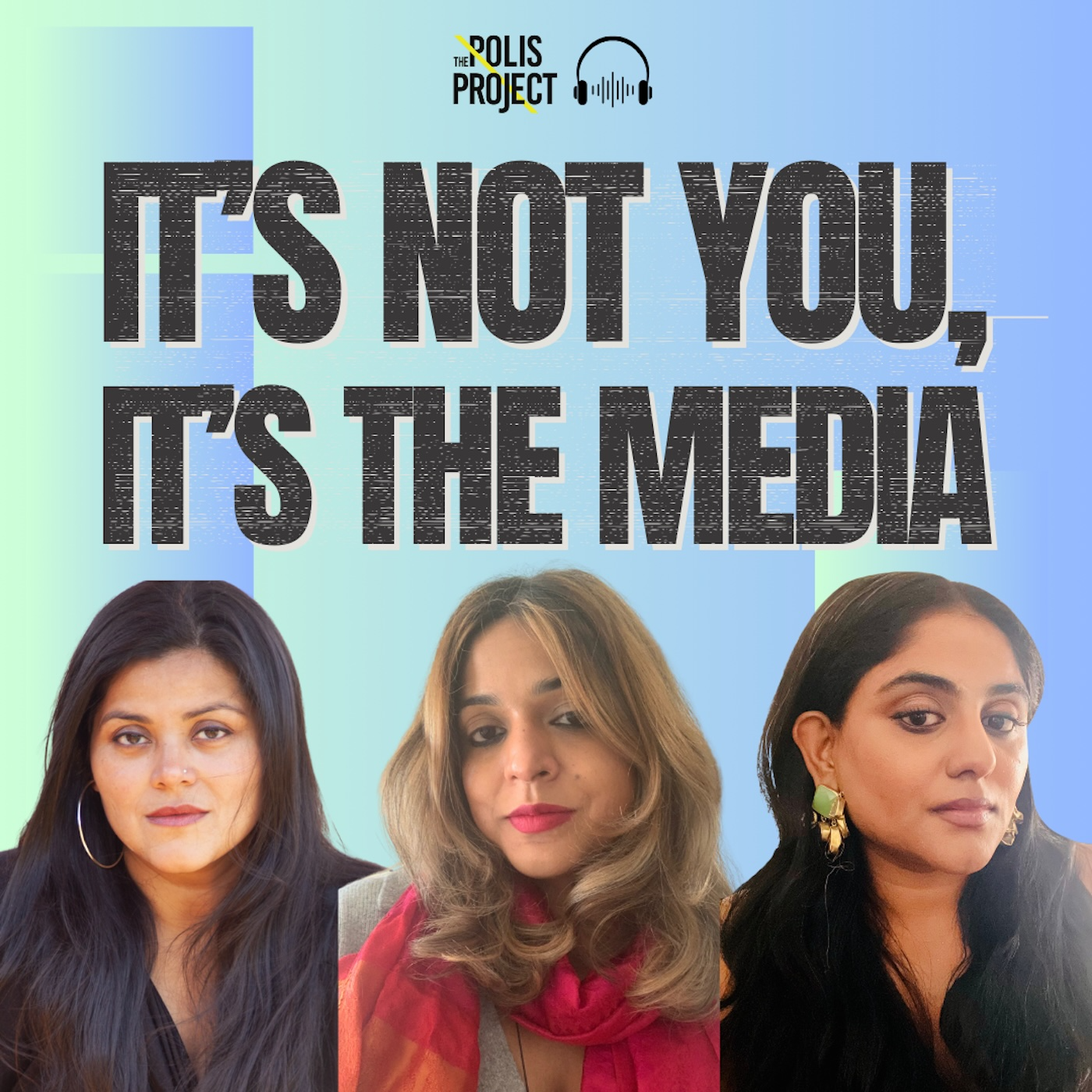Why The Media Gets Incarceration Wrong
The hosts take on the media’s failure to accurately depict incarceration, tracing how language, imagery, and selective storytelling reinforce carceral logic. From Gaza to Guantanamo, they examine how imprisonment narratives are shaped by what is shown — and, more crucially, what is omitted. The hosts dissect how terms like prisoner, detainee, and hostage are selectively deployed to justify systemic violence, and how the very framing of incarceration distorts public perception.
The discussion moves beyond conventional notions of imprisonment, arguing that entire societies — Palestinians in Gaza, Kashmiris under curfew, and detainees in refugee camps — are subjected to incarceration beyond prison walls. They also expose how mass incarceration in the U.S. extends beyond bars, as formerly incarcerated individuals face lifelong stigma, exclusion, and economic precarity. From the use of prison labor in wildfire response to the privatization of detention centers, the episode unpacks the profit motives fueling the carceral state.
Key Takeaways
- The media manipulates language to justify detention, torture, and oppression. Palestinians are “prisoners,” implying guilt, while Israelis are “hostages,” evoking sympathy. The same linguistic distortion extends to Guantanamo and U.S. prisons.
- In the U.S., former prisoners face a de facto life sentence: denied jobs, benefits, and opportunities for reintegration. Incarceration follows them forever, reinforcing systemic exclusion.
- From occupied Gaza to curfews in Kashmir, entire populations live under carceral control. The refugee camp, detention center, and military checkpoint function as open-air prisons.
- Digital surveillance, AI policing, and biometric tracking have made imprisonment more insidious. Even everyday tech—Apple tags, facial recognition—normalizes constant monitoring.
- Private prisons, immigrant detention centers, and forced prison labor generate billions. Wildfire responders, agricultural workers, and factory laborers in the U.S. prison system work for pennies while corporations profit.
- Modern aid relies on detention: refugees are confined to camps, subjected to surveillance, and denied agency. Entire generations are born into stateless limbo, dependent on state-sanctioned control.
- Tech billionaires like Sam Altman advocate for a future where people give up rights for AI-driven governance, accelerating the normalization of digital captivity.
Keywords
Incarceration, prison-industrial complex, Gaza, Guantanamo, Kashmir, surveillance capitalism, refugee camps, private prisons, carceral state, forced prison labor, Guantanamo Bay, digital surveillance, AI policing, language bias, Palestine, open-air prison, dehumanization, media complicity, policing, apartheid, humanitarian detention.
A Podcast by The Polis Project https://www.thepolisproject.com/

